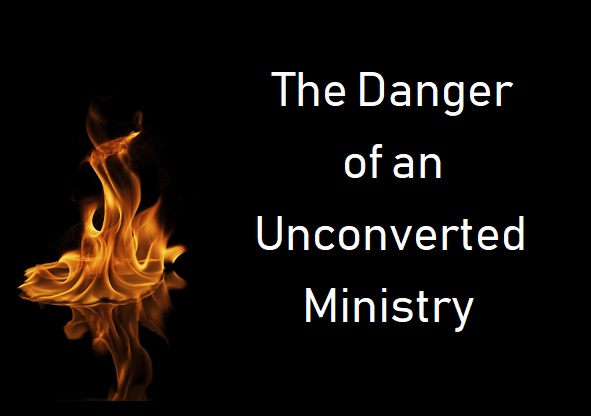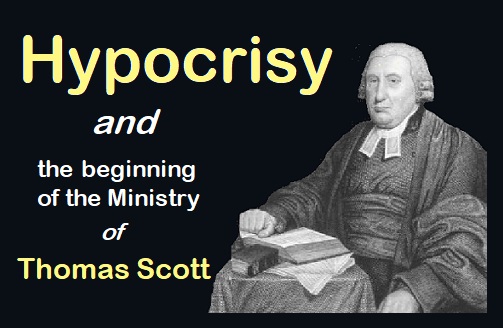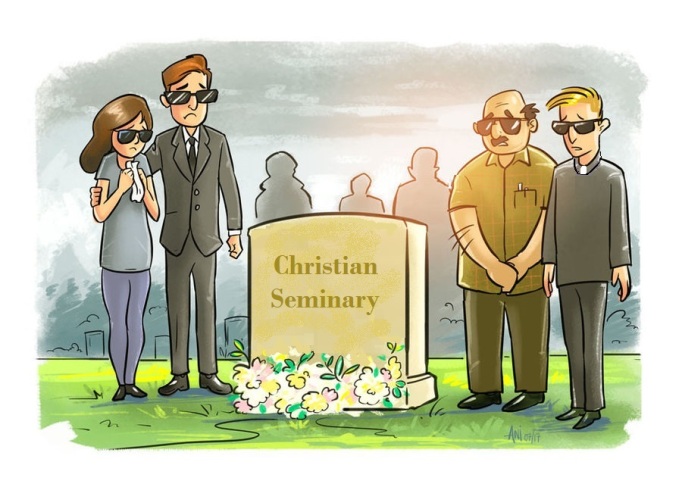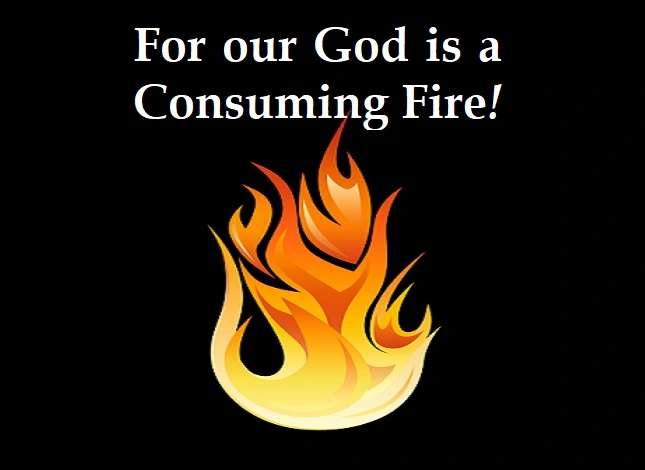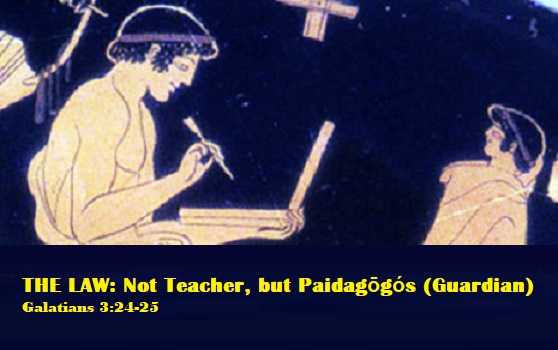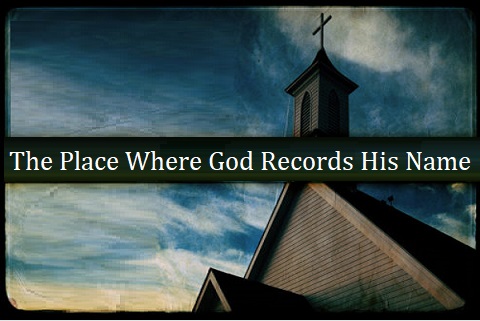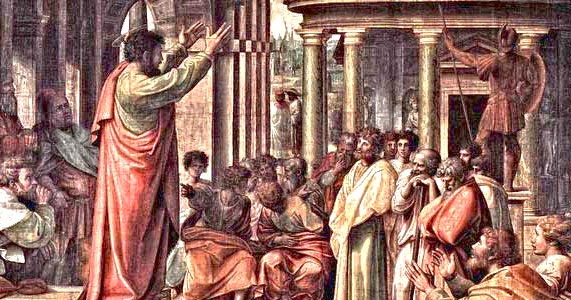Taken and adapted from, “Memoir and Remains of the Rev. Robert Murray M’Cheyne”
Written by, Robert Murray M’Cheyne, Sermon XV
Put together and published by Andrew Bonar, 1894.
“For I delight in the law of God after the inward man: but I see another law in my members warring against the law of my mind, and bringing me into captivity to the law of sin which is in my members. O wretched man that I am! Who shall deliver me from the body of this death? I thank God, through Jesus Christ our Lord. So then with the mind I myself serve the law of God, but with the flesh the law of sin.” —Romans. 7:22–25.
A BELIEVER is to be known not only by his peace and joy, but by his warfare and distress…
His peace is peculiar: it flows from Christ; it is heavenly, it is holy peace. His warfare is as peculiar: it is deep-seated, agonizing, and ceases not till death. If the Lord will, many of us have the prospect of sitting down next Sabbath at the Lord’s Table. The great question to be answered before sitting down there is, “Have I fled to Christ or no?”
’Tis a point I long to know,
Oft it causes anxious thought,
Do I love the Lord or no?
Am I his, or am I not?
To help you to settle this question, I have chosen the subject of the Christian’s warfare that you may know thereby whether you are a soldier of Christ— whether you are really fighting the good fight of faith.
I. A believer delights in the law of God.—“I delight in the law of God after the inward man,” ver. 22.
(1.) Before a man comes to Christ, he hates the law of God—his whole soul rises up against it. “The carnal mind is enmity,” etc., 8:7.
First, Unconverted men hate the law of God on account of its purity. “Thy word is very pure, therefore thy servant loveth it.” For the same reason worldly men hate it. The law is the breathing of God’s pure and holy mind. It is infinitely opposed to all impurity and sin. Every line of the law is against sin. But natural men love sin, and therefore they hate the law, because it opposes them in all they love. As bats hate the light, and fly against it, so unconverted men hate the pure light of God’s law, and fly against it.
Second, They hate it for its breadth. “Thy commandment is exceeding broad.” It extends to all their outward actions, seen and unseen; it extends to every idle word that men shall speak; it extends to the looks of their eye; it dives into the deepest caves of their heart; it condemns the most secret springs of sin and lust that nestle there. Unconverted men quarrel with the law of God because of its strictness. If it extended only to my outward actions, then I could bear with it; but it condemns my most secret thoughts and desires, which I cannot prevent. Therefore ungodly men rise against the law.
Third, They hate it for its unchangeableness. Heaven and earth shall pass away, but one jot or one tittle of the law shall in no wise pass away. If the law would change, or let down its requirements, or die, then ungodly men would be well pleased. But it is unchangeable as God: it is written on the heart of God, with whom is no variableness nor shadow of turning. It cannot change unless God change; it cannot die unless God die. Even in an eternal hell its demands and its curses will be the same. It is an unchangeable law, for He is an unchangeable God. Therefore ungodly men have an unchangeable hatred to that holy law.
(2.) When a man comes to Christ, this is all changed. He can say, “I delight in the law of God after the inward man.” He can say with David, “Oh how I love thy law! it is my meditation all the day.” He can say with Jesus, in the 40th Psalm, “I delight to do thy will, O my God; yea, thy law is within my heart.”
There are two reasons for this:—
First, The law is no longer an enemy.—If any of you who are trembling under a sense of your infinite sins, and the curses of the law which you have broken, flee to Christ, you will find rest. You will find that He has fully answered the demands of the law as a surety for sinners; that He has fully borne all its curses. You will be able to say, “Christ hath redeemed me from the curse of the law, being made a curse for me, as it is written, Cursed,” etc. You have no more to fear, then, from that awfully holy law: you are not under the law, but under grace. You have no more to fear from the law than you will have after the judgment-day. Imagine a saved soul after the judgment-day. When that awful scene is past; when the dead, small and great, have stood before that great white throne; when the sentence of eternal woe has fallen upon all the unconverted, and they have sunk into the lake whose fires can never be quenched; would not that redeemed soul say, I have nothing to fear from that holy law; I have seen its vials poured out, but not a drop has fallen on me? So may you say now, O believer in Jesus! When you look upon the soul of Christ, scarred with God’s thunderbolts; when you look upon his body, pierced for sin, you can say, He was made a curse for me; why should I fear that holy law?
Second, The Spirit of God writes the law on the heart.—This is the promise: “After those days, saith the Lord, I will put my law in their inward parts, and write it in their hearts; and will be their God, and they shall be my people.” Jer. 31:33. Coming to Christ takes away your fear of the law; but it is the Holy Spirit coming into your heart that makes you love the law. The Holy Spirit is no more frightened away from that heart; He comes and softens it; He takes out the stony heart and puts in a heart of flesh; and there He writes the holy, holy, holy law of God. Then the law of God is sweet to that soul; he has an inward delight in it. “The law is holy, and the commandment holy, and just, and good.” Now he unfeignedly desires every thought, word, and action to be according to that law. “Oh that my ways were directed to keep thy statutes: great peace have they that love thy law, and nothing shall offend them.” The 119th Psalm becomes the breathing of that new heart. Now also he would fain see all the world submitting to that pure and holy law. “Rivers of waters run down mine eyes because they keep not thy law.” Oh that all the world but knew that holiness and happiness are one! Oh that all the world were one holy family, joyfully coming under the pure rules of the gospel! Try yourselves by this. Can you say, “I delight,” etc.? Do you remember when you hated the law of God? Do you love it now? Do you long for the time when you shall live fully under it—holy as God is holy, pure as Christ is pure?
Oh come, sinners, and give up your hearts to Christ, that He may write on it his holy law! You have long enough had the devil’s law graven on your hearts: come you to Jesus, and He will both shelter you from the curses of the law, and He will give you the Spirit to write all that law in your heart; He will make you love it with your inmost soul. Plead the promise with Him. Surely you have tried the pleasures of sin long enough. Come, now, and try the pleasures of holiness out of a new heart.
If you die with your heart as it is, it will be stamped a wicked heart to all eternity. “He that is unjust, let him be unjust still; and he that is filthy, let him be filthy still.” Rev. 22:11. Oh come and get the new heart before you die; for except you be born again, you cannot see the kingdom of God!
II. A true believer feels an opposing law in his members.
“I see another law,” etc., ver. 23. When a sinner comes first to Christ, he often thinks he will now bid an eternal farewell to sin: now I shall never sin any more. He feels already at the gate of heaven. A little breath of temptation soon discovers his heart, and he cries out, “I see another law.”
(1.) Observe what he calls it—“another law;” quite a different law from the law of God; a law clean contrary to it. He calls it a “law of sin,” ver. 25; a law that commands him to commit sin, that urges him on by rewards and threatenings—“a law of sin and death,” 8:2; a law which not only leads to sin, but leads to death, eternal death: “the wages of sin is death.” It is the same law which, in Galatians, is called “the flesh:” “The flesh lusteth against the Spirit,” etc., Gal. 5:17. It is the same which, in Eph. 4:22, is called “the old man,” which is wrought according to the deceitful lusts; the same law which in Col. 3 is called “your members”—“Mortify, therefore, your members, which are,” etc.; the same which is called “a body of death,” Rom. 7:24. The truth then is, that in the heart of the believer there remains the whole members and body of an old man, or old nature: there remains the fountain of every sin that has ever polluted the world.
(2.) Observe again what this law is doing—“warring.” This law in the members is not resting quiet, but warring—always fighting. There never can be peace in the bosom of a believer. There is peace with God, but constant war with sin. This law in the members has got an army of lusts under him, and he wages constant war against the law of God. Sometimes, indeed, an army are lying in ambush, and they lie quiet till a favourable moment comes. So in the heart the lusts often lie quiet till the hour of temptation, and then they war against the soul. The heart is like a volcano: sometimes it slumbers and sends up nothing but a little smoke; but the fire is slumbering all the while below, and will soon break out again. There are two great combatants in the believer’s soul. There is Satan on the one side, with the flesh and all its lusts at his command; then on the other side there is the Holy Spirit, with the new creature all at his command. And so “the flesh lusteth against the Spirit, and the Spirit against the flesh: and these two are contrary the one to the other; so that ye cannot do the things that ye would.”
Is Satan ever successful? In the deep wisdom of God the law in the members does sometimes bring the soul into captivity. Noah was a perfect man, and Noah walked with God, and yet he was led captive. “Noah drank of the wine, and was drunken.” Abraham was the “friend of God,” and yet he told a lie, saying of Sarah his wife, “She is my sister.” Job was a perfect man, one that feared God and hated evil, and yet he was provoked to curse the day wherein he was born. And so with Moses, and David, and Solomon, and Hezekiah, and Peter, and the apostles.
First. Have you experienced this warfare? It is a clear mark of God’s children. Most of you, I fear, have never felt it. Do not mistake me. All of you have felt a warfare at times between your natural conscience and the law of God. But that is not the contest in the believer’s bosom. It is a warfare between the Spirit of God in the heart, and the old man with his deeds.
Second, If any of you are groaning under this warfare, learn to be humbled by it, but not discouraged.
1st, Be humbled under it.—It is intended to make you lie in the dust, and feel that you are but a worm. Oh! what a vile wretch you must be, that even after you are forgiven, and have received the Holy Spirit, your heart should still be a fountain of every wickedness! How vile, that in your most solemn approaches to God, in the house of God, in awfully affecting situations, such as kneeling beside the death-bed, you should still have in your bosom all the members of your old nature! Let this make you lie low.
2d, Let this teach you your need of Jesus.—You need the blood of Jesus as much as at the first. You never can stand before God in yourself. You must go again and again to be washed; even on your dying bed you must hide under Jehovah our Righteousness. You must also lean upon Jesus. He alone can overcome in you. Keep nearer and nearer every day.
3d, Be not discouraged.—Jesus is willing to be a Saviour to such as you. He is able to save you to the uttermost. Do you think your case is too bad for Christ to save? Every one whom Christ saves had just such a heart as you. Fight the good fight of faith; lay hold on eternal life. Take up the resolution of Edwards: “Never to give over, nor in the least to slacken my fight with my corruptions, however unsuccessful I may be.” “Him that over-cometh will I make a pillar,” etc.
III. The feelings of a believer during this warfare
(1.) He feels wretched.—“O wretched man that I am!” ver. 24. There is nobody in this world so happy as a believer. He has come to Jesus, and found rest. He has the pardon of all his sins in Christ. He has near approach to God as a child. He has the Holy Spirit dwelling in him. He has the hope of glory. In the most awful times he can be calm, for he feels that God is with him. Still there are times when he cries, O wretched man! When he feels the plague of his own heart; when he feels the thorn in the flesh; when his wicked heart is discovered in all its fearful malignity; ah, then he lies down, crying, O wretched man that I am! One reason of this wretchedness is, that sin, discovered in the heart, takes away the sense of forgiveness. Guilt comes upon the conscience, and a dark cloud covers the soul. How can I ever go back to Christ? he cries. Alas! I have sinned away my Saviour. Another reason is, the loathsomeness of sin. It is felt like a viper in the heart. A natural man is often miserable from his sin, but he never feels its loathsomeness; but to the new creature it is vile indeed. Ah! brethren, do you know anything of a believer’s wretchedness? If you do not, you will never know his joy. If you know not a believer’s tears and groans, you will never know his song of victory.
(2.) He seeks deliverance.—“Who shall deliver me?” In ancient times, some of the tyrants used to chain their prisoners to a dead body; so that, wherever the prisoner wandered, he had to drag a putrid carcase after him. It is believed that Paul here alludes to this inhuman practice. His old man he felt a noisome putrid carcase, which he was continually dragging about with him. His piercing desire is to be freed from it. Who shall deliver us? You remember once, when God allowed a thorn in the flesh to torment his servant,—a messenger of Satan to buffet him,—Paul was driven to his knees. “I besought the Lord thrice, that it might depart from me.” Oh, this is the true mark of God’s children! The world has an old nature; they are all old men together. But it does not drive them to their knees. How is it with you, dear souls? Does corruption felt within drive you to the throne of grace? Does it make you call on the name of the Lord? Does it make you like the importunate widow: “Avenge me of mine adversary?” Does it make you like the man coming at midnight for three loaves? Does it make you like the Canaanitish woman, crying after Jesus? Ah, remember, if lust can work in your heart, and you lie down contented with it, you are none of Christ’s!
(3.) He gives thanks for victory.—Truly we are more than conquerors through Him that loved us; for we can give thanks before the fight is done. Yes, even in the thickest of the battle we can look up to Jesus, and cry, Thanks to God. The moment a soul groaning under corruption rests the eye on Jesus, that moment his groans are changed into songs of praise. In Jesus you discover a fountain to wash away the guilt of all your sin. In Jesus you discover grace sufficient for you,—grace to hold you up to the end,—and a sure promise that sin shall soon be rooted out altogether. “Fear not, I have redeemed thee. I have called thee by my name; thou art mine.” Ah, this turns our groans into songs of praise! How often a psalm begins with groans and ends with praises! This is the daily experience of all the Lord’s people. Is it yours? Try yourselves by this. Oh, if you know not the believer’s song of praise, you will never cast your crowns with them at the feet of Jesus!
Dear believers, be content to glory in your infirmities, that the power of Christ may rest upon you. Glory, glory, glory to the Lamb!


